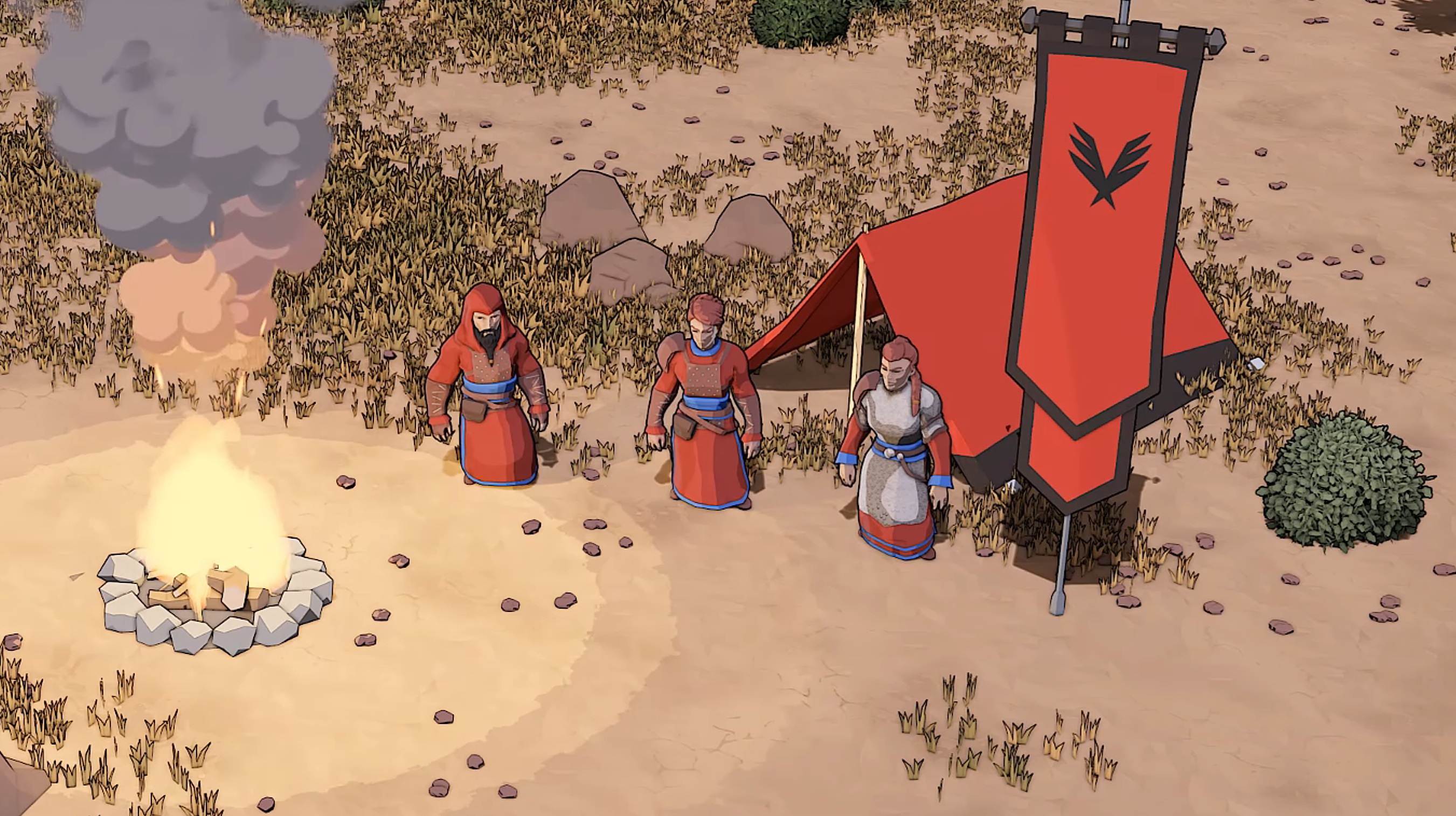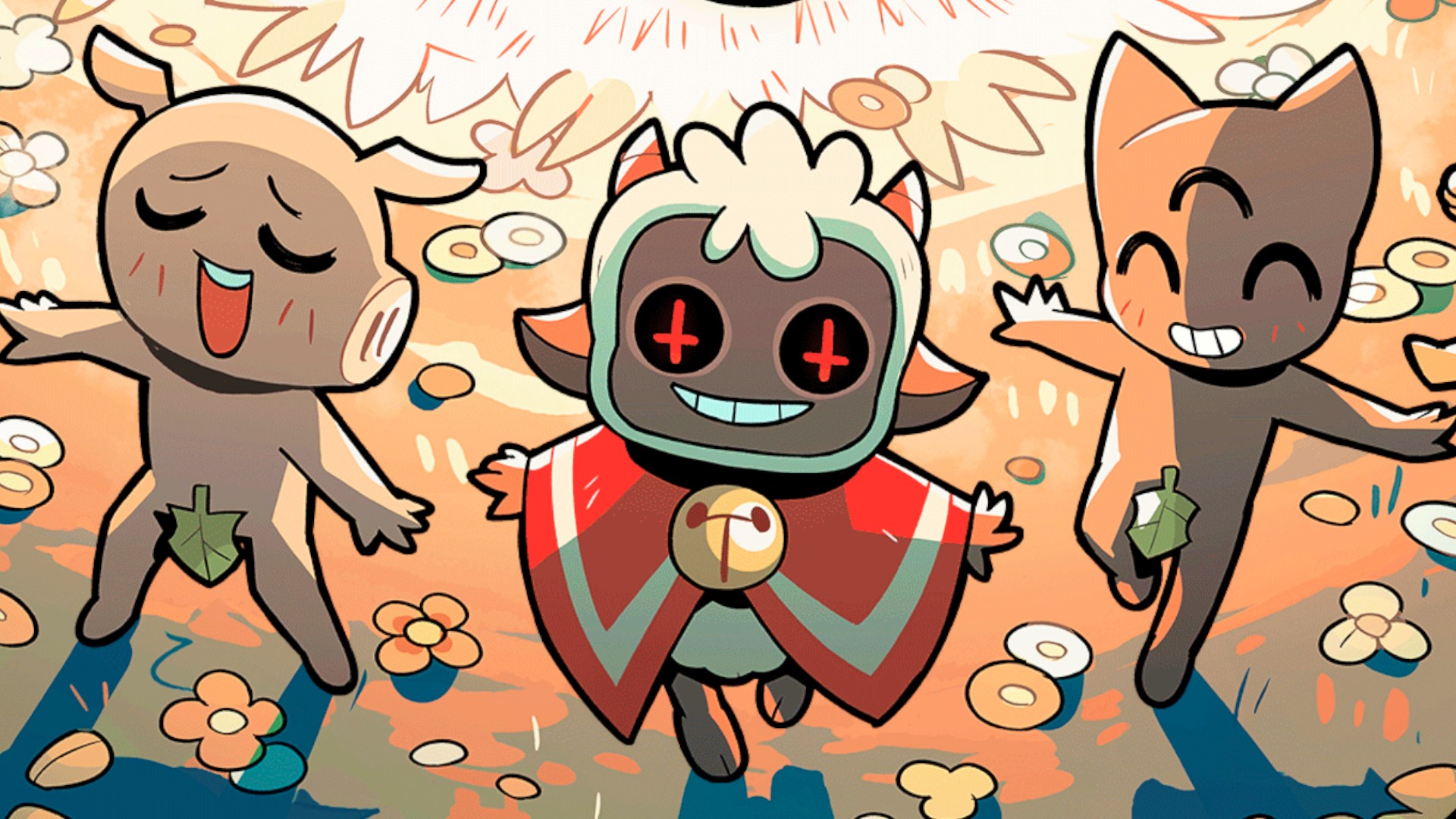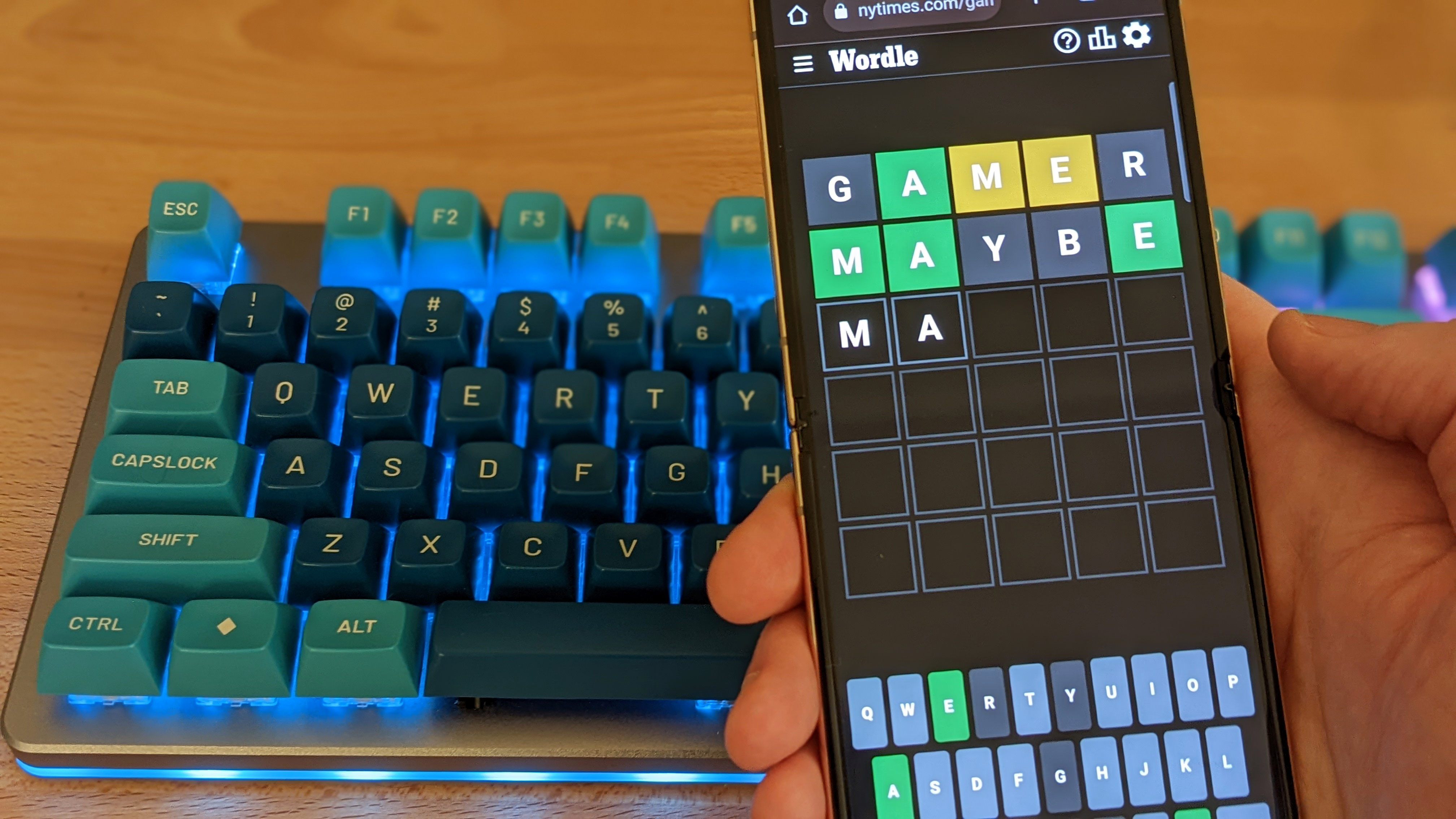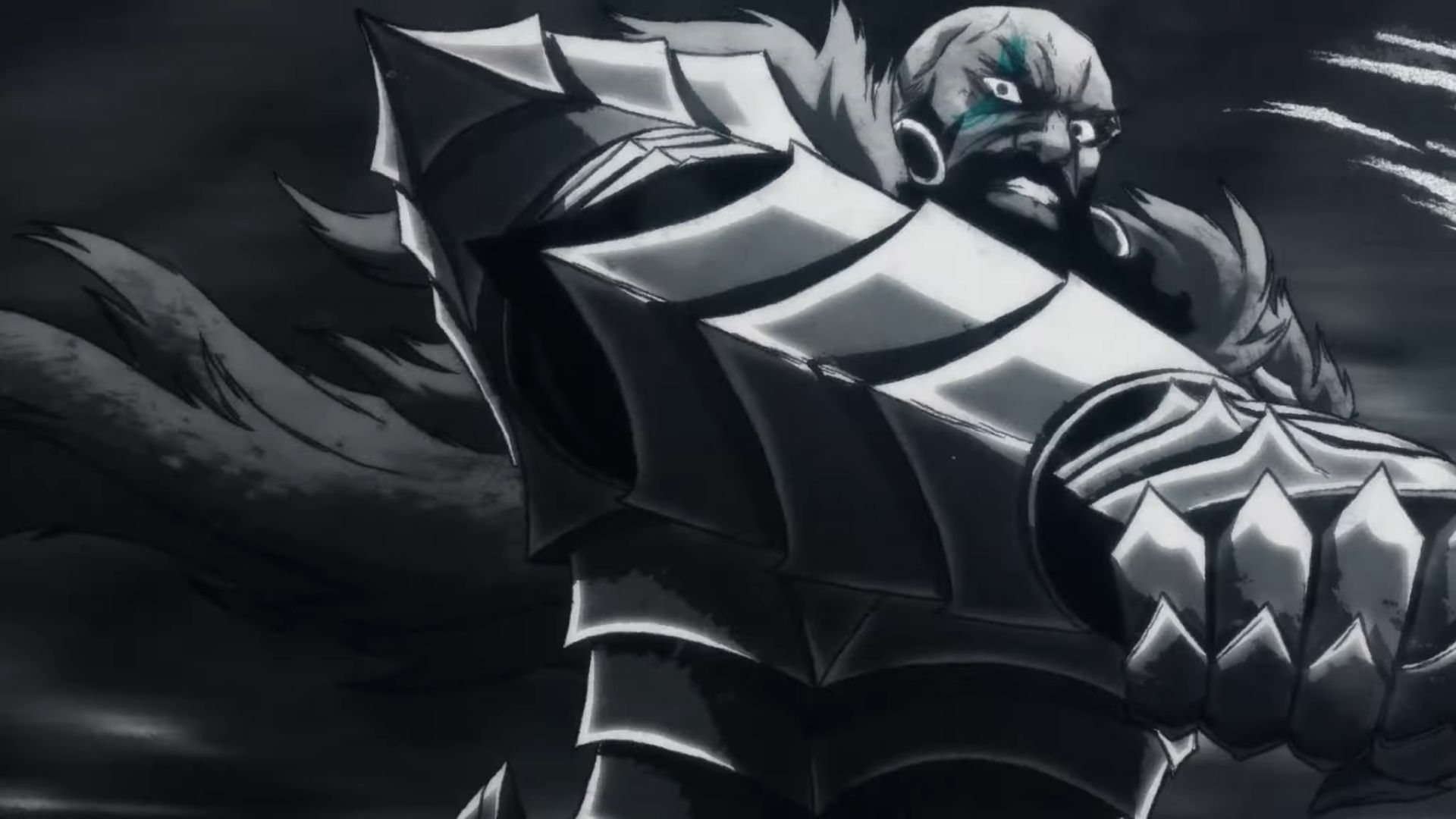
False flag operations and betrayals make backstabbing more than a flanking action in this sandbox CRPG.
Most RPGs have you out to save the world, or at least resolve some personal stakes, claim a macguffin or complete a prophecy. Dustgrave: A Sandbox RPG (just launched into early access) seems happy to let you pick your own goals in a procedurally generated world, as morally questionable as those goals may be.
As is the trend, Dustgrave is a fairly traditional party-based CRPG with real-time navigation, grid-based combat and a simple ‘take 2-3 actions per turn’ flow. There’s some wrinkles in there, like a more modern tabletop-inspired take on how partial successes on rolls (both in and out of combat) play out, but if you’ve played Baldur’s Gate or Pathfinder, you’ll know the ropes. But what sets Dustgrave apart is its political focus and sandbox nature.
You’re no hero, or even vaguely important. You start the game as a caravan guard, and whether you feel like investigating the bandits that attack the people that hired you is entirely optional. The world is procedurally populated, and the game’s setting is a crumbling empire fought over by three major local factions, a bunch of smaller groups, and some foreign forces at the borders muscling in, and everything is up for grabs, with wandering armies capturing territory, Mount & Blade style. Oh, and there’s some skellingtons too. This is fantasy, after all.
The world seems pleasantly reactive so far. Even small actions like looting from local houses and trying to sell the goods to a merchant got me called out and thrown into a (surprisingly intricate) conversation check to talk my way out of being reported to the local authorities. Stealth plays out in real-time, and crimes leave behind evidence that sticks around and which guards may notice and investigate. But it feels like the meat of the game is in the big factional power-plays changing who owns towns, villages and resources.
From the couple hours I played, it feels like everything in Dustgrave revolves around its conflicts and rivalries. Obviously doing quests and other favors for factions will improve your reputation in their eyes, but the game’s disguise system is surprisingly intricate too, allowing you to talk your way into situations, solve quests in sneakier ways, or just manipulate factions in underhanded ways. When disguised using a stolen outfit, any actions you take get pinned on the faction you’re flying the flag of, and I’m eager to see whether I can kick off a war with a few well-placed raids and murders.
My only real concern about the game at this point is that, fittingly for a dusty grave, it can feel a little bit dry. A procedurally populated world usually means less hand-written dialogue, and not many studios are up to the monumental task of filling their sandbox with poetic prose ala Caves of Qud. The game’s clean art is pleasant enough to look at, but its ‘mostly real world but with undead troublemakers’ setting also isn’t setting my imagination ablaze. Neither of these feel like dealbreakers, but perhaps missed opportunities.
Still, I’m officially intrigued with how this will grow over the coming months. Dustgrave: A Sandbox RPG is out now on Steam early access, with a 15% launch discount bringing it down to £15.70/$18.69. Innervoid Interactive plan on raising the price over time as new features and content are implemented.






